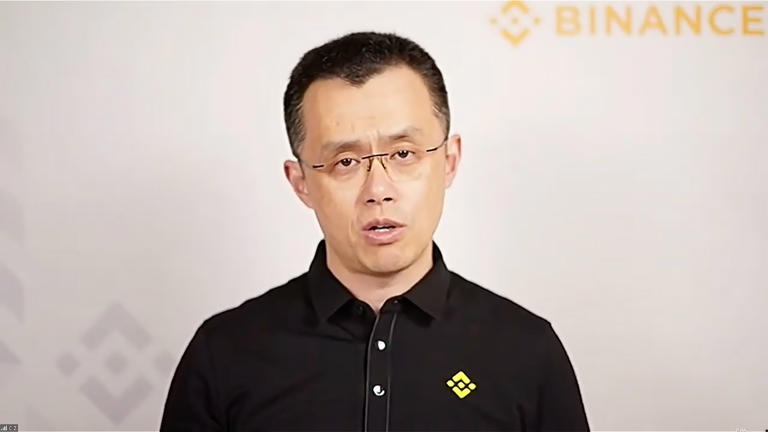In a recent ruling that carries significant implications for the cryptocurrency industry, Federal Judge Amy Berman Jackson from the District Court for the District of Columbia addressed the U.S. Securities and Exchange Commission’s (SEC) lawsuit against Binance and its founder, Changpeng Zhao. This legal battle, initiated by the SEC last summer, alleges that Binance and Zhao engaged in offering unregistered brokerage, trading, and clearing services within the U.S. related to digital asset securities that were also unregistered.
The SEC’s lawsuit forms part of a broader regulatory push to enforce compliance and oversight in the rapidly growing cryptocurrency market, mirroring actions taken against other major players like Coinbase, Kraken, Consensys, and MetaMask. Judge Jackson’s recent decision marked a pivotal moment, allowing certain charges against Binance to proceed while dismissing others.
Key aspects of the SEC’s case that Judge Jackson permitted to move forward include allegations surrounding Binance’s initial coin offering (ICO) and subsequent sales involving BNB (Binance Coin), services such as BNB Vault and staking, as well as accusations of failure to register these activities and allegations of fraud. However, she granted Binance and Zhao’s motion to dismiss charges related to secondary sales of BNB and activities involving the Simple Earn platform.
At the heart of Judge Jackson’s ruling was the distinction between digital tokens themselves and the investment contracts or securities that may be associated with them. This differentiation is crucial under U.S. securities laws, hinging on whether these tokens qualify as “investment contracts,” a term defined by the Supreme Court as part of the broader category of securities. Such legal nuances are pivotal in determining whether regulatory obligations, such as registration requirements, apply to cryptocurrency transactions.
Judge Jackson’s decision also addressed broader legal principles, rejecting arguments that the SEC’s authority over cryptocurrency entities should be limited under the “major questions doctrine.” This doctrine suggests that significant regulatory actions must be explicitly authorized by Congress. In this case, Judge Jackson found that while the cryptocurrency sector is impactful, it does not warrant invoking this doctrine, thereby upholding the SEC’s jurisdiction to enforce securities laws in this domain.
Meanwhile, Changpeng Zhao, amidst these legal challenges, is concurrently serving a four-month sentence for a separate sanctions violation charge. This criminal case is distinct from the civil proceedings brought by the SEC.
In conclusion, Judge Jackson’s ruling signifies a critical development in the regulatory landscape for cryptocurrencies, underscoring ongoing scrutiny and the evolving interpretation of securities regulations in the digital asset space. As the case progresses, it is likely to influence how cryptocurrency exchanges and platforms navigate regulatory compliance in the United States, potentially setting precedent for future legal challenges and regulatory approaches in this rapidly evolving sector.
